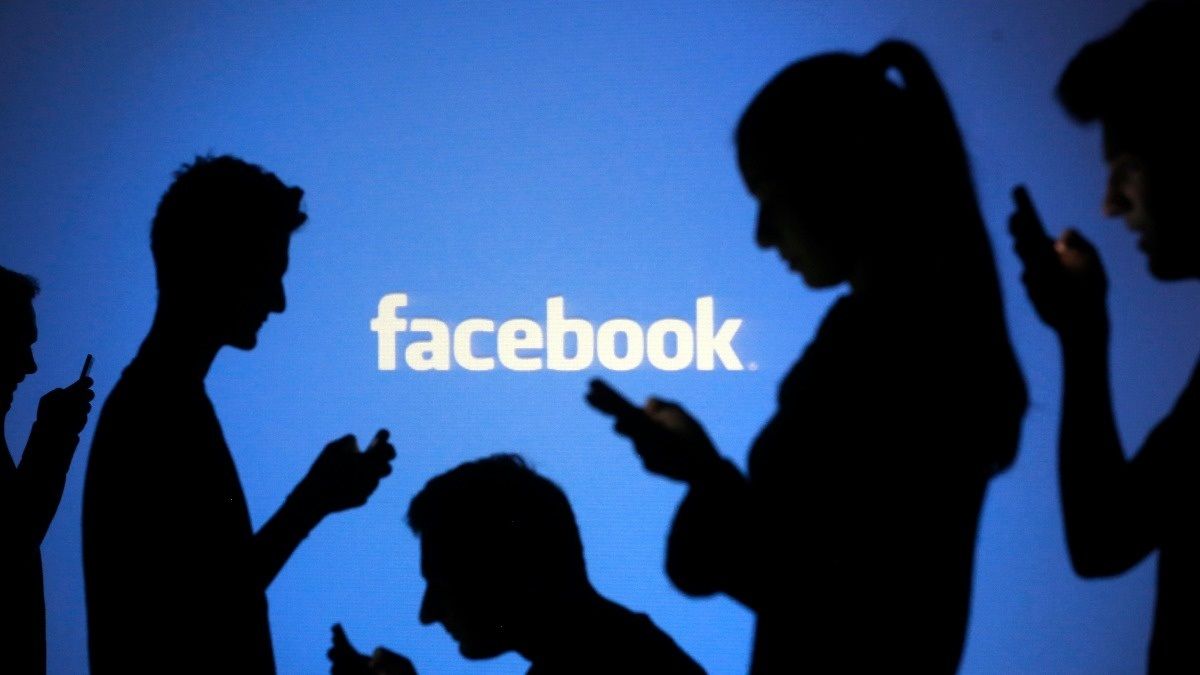
Some of the Russian ads appeared highly sophisticated in their targeting of key demographic groups in areas of the states that turned out to be pivotal, two of the sources said. The ads employed a series of divisive messages aimed at breaking through the clutter of campaign ads online, including promoting anti-Muslim messages, sources told CNN.
It has been unclear until now exactly which regions of the country were targeted by the ads. And while one source said that a large number of ads appeared in areas of the country that were not heavily contested in the elections, some clearly were geared at swaying public opinion in the most heavily contested battlegrounds.
Read alsoGoogle pulls Russia's RT network from Premium YouTube Ad Program - BloombergMichigan saw the closest presidential contest in the country -- Trump beat Democratic nominee Hillary Clinton by about 10,700 votes out of nearly 4.8 million ballots cast. Wisconsin was also one of the tightest states, and Trump won there by only about 22,700 votes.
Both states, which Trump carried by less than 1%, were key to his victory in the Electoral College.
As part of their investigations, both special counsel Robert Mueller and congressional committees are seeking to determine whether the Russians received any help from Trump associates in where to target the ads.
The focus on Michigan and Wisconsin also adds more evidence that the Russian group tied to the effort was employing a wide range of tactics potentially aimed at interfering in the election.
Facebook previously has acknowledged that about one quarter of the 3,000 Russian-bought ads were targeted to specific geographic locations, without detailing the locations. The company said of the ads that were geographically targeted "more ran in 2015 than 2016." In all, Facebook estimates the entire Russian effort was seen by 10 million people.
Read alsoZuckerberg reveals Russia's Facebook election meddling planOne person with direct knowledge of the matter said that some of the ads were aimed at reaching voters who may be susceptible to anti-Muslim messages, even suggesting that Muslims were a threat to the American way of life. Such messaging could presumably appeal to voters attracted to Trump's hard-line stance against immigration and calls to ban Muslims from entering the United States.
Read alsoTwitter to meet with U.S. Senate investigators in election meddling case - mediaCNN reported last week that at least one of the Facebook ads bought by Russians during the 2016 presidential campaign referenced Black Lives Matter and was specifically targeted to reach audiences in Ferguson, Missouri and Baltimore, according to sources with knowledge of the ads.
Lawmakers have only started to assess the scope of the data, and sources from both parties said the 3,000 ads touched on a range of polarizing topics, including the Second Amendment and civil rights issues. The ads were aimed at suppressing the votes and sowing discontent among the electorate, the sources said.
Read alsoRussia used Facebook ads to exploit racial, religious divisions in U.S. – media"It's consistent with everything else we've seen in terms of Russian active measures -- a combination of cyber, of propaganda and paid and social media," said Sen. John Cornyn, the No. 2 Republican who sits on both the Senate Intelligence and Judiciary panels, both of which received the Facebook ads. "So, we're just looking at the tip of the iceberg."

